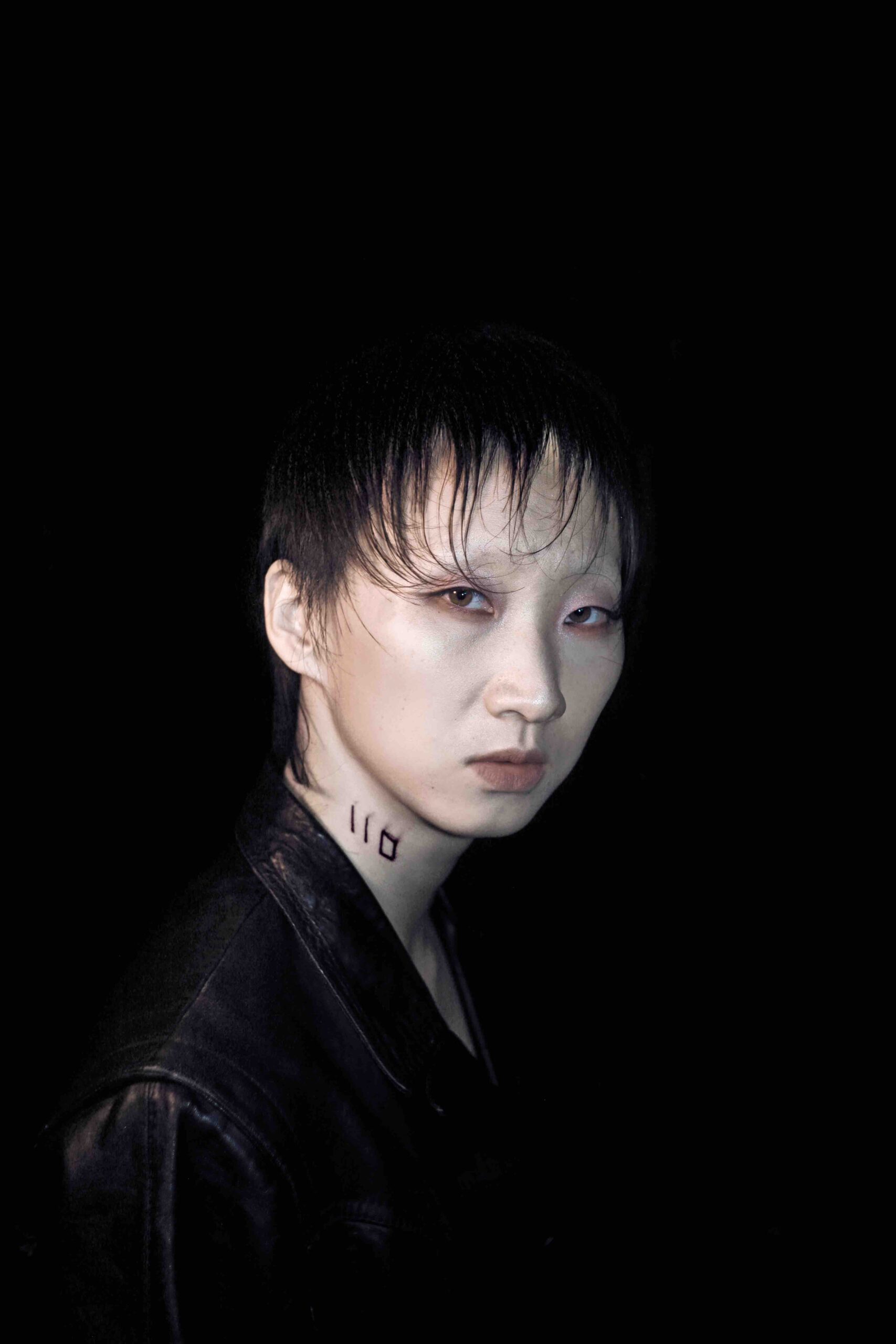
Dan Su, also known as su dance110, is a composer, musician, and performance artist based in Berlin, originally hailing from Yunnan, China. Their artistic canvas spans movement, vocals, electronics, and an array of raw materials, with a notable affinity for metal. These diverse elements fuel their boundary-pushing creations, which manifest in conceptually improvised performances or meticulously crafted music compositions, often aligned with the ethos of their label, 3087 Records, renowned for its “Acoustic Movies.”
LISTEN TO THE PREMIERE HERE:
With a background in quantitative methodology and dance/choreography, Dan Su orchestrates a convergence of extremes within their music, melding radical expression with intricate narratives. They adeptly deconstruct elements from genres as diverse as hip-hop, techno, drone, folk, classical, and freestyle vocals, weaving them into distinct sonic tapestries evident in their solo endeavors and collaborative projects alike. Albums like “Game0:110,” “Pe-13.or0,” “3:33:08,” and the eagerly anticipated “Shang Can” exemplify their knack for crafting highly distinguishable catalogs.
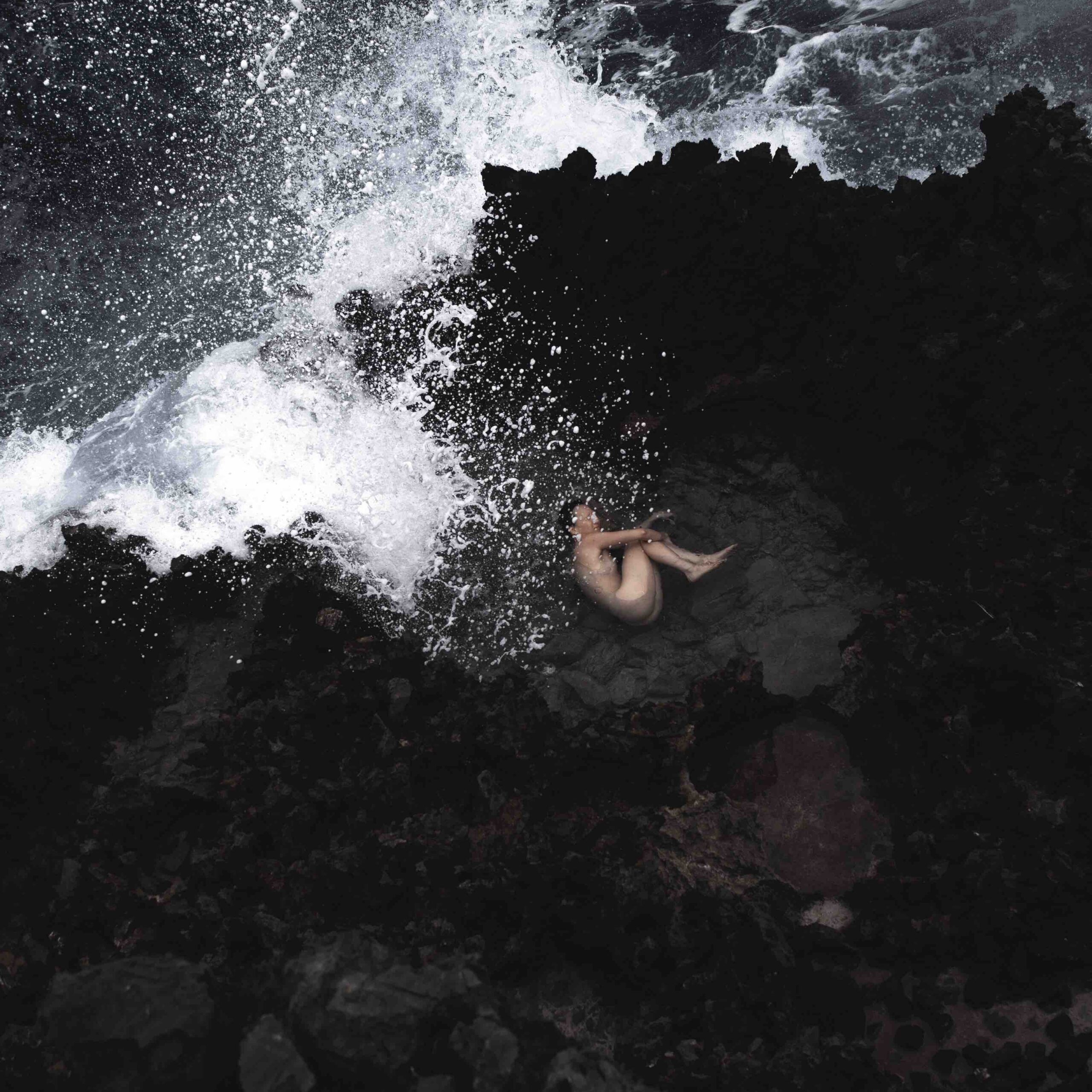
As a spiritual composer, Dan Su finds inspiration by transcending traditional musical boundaries, grounding their compositions in the realm of non-music, thus forging a unique path in the artistic landscape.
Hey, Dan Su! It’s great to have you here! Could you please tell us more about yourself and your journey in the industry? How did you end up in Berlin ?
Hi, thank you for having me! I feel like I’ve walked quite a distance before entering the world of music as a creator. Or, I actually finally returned to the roots where the seed was initially buried after outgrowing some wavy vines. I remember the first song I learned was a children’s folk song called “采蘑菇的小姑娘”. My mom, who loved singing, taught me that song one evening during an electricity outage in my hometown of Kunming. I vividly recall the sensation of the flickering candlelight blending perfectly with the darkness to the tune. Perhaps that was the seed. Then, I sang in schools and contests. I began dancing before delving into music. My mom told me that I loved standing at the very front where the elderly gathered to dance in public, lost in my own dance moves to the “广场舞” music. However, what actually brought me into the world of dance/choreography early on was private training when I was 10 years old at Yunnan Huadeng Theater. Since then, I’ve felt like I’ve lived parallel lives. Maybe my head was hit by a stone from outer space; I was curious and eager to search for truth in science. I pursued a strenuous education in quantitative methods in Educational Psychology at the University of Wisconsin-Madison in the U.S., where I also trained in the dance department. The turning point of my parallel life was when I decided to fully devote myself to the arts after completing my studies in the U.S., and I moved to Berlin for a Master of Choreography at HZT (UdK and HfS Berlin). My journey in music-making began as I created my dance performances, searching for alternative sounds and structures to enhance the storytelling in my performances. Then, the exploration of sound itself grew, revealing its powerful capacity to create its own world. Basically, that’s where I am at right now.
We’re thrilled to delve deeper into your upcoming LP. Could you provide some insights into the creative journey behind the track ‘111111101 Icky’, which we’re about to premiere? What does it mean for you personally, and what inspired the concept behind its creation?
The track ‘111111101 Icky’ is perhaps the most chill and intimate track on the entire album, with its whispering quality of vocals. What inspires me for this track has to do with the idea behind the whole album. The album represents an imaginary world I created after being away from my hometown for a long time and reflecting on what home means to me. The album’s story unfolds within an imaginary grainy landscape where I speak a fantasy language. This track is positioned right in the middle of the album, where it’s time to take a break from the journey. For me, it’s a moment of internal acknowledgment, temporary relief, and rest, as if softly soothing an itch. If one cannot find a home outside, at least one can create one from within.
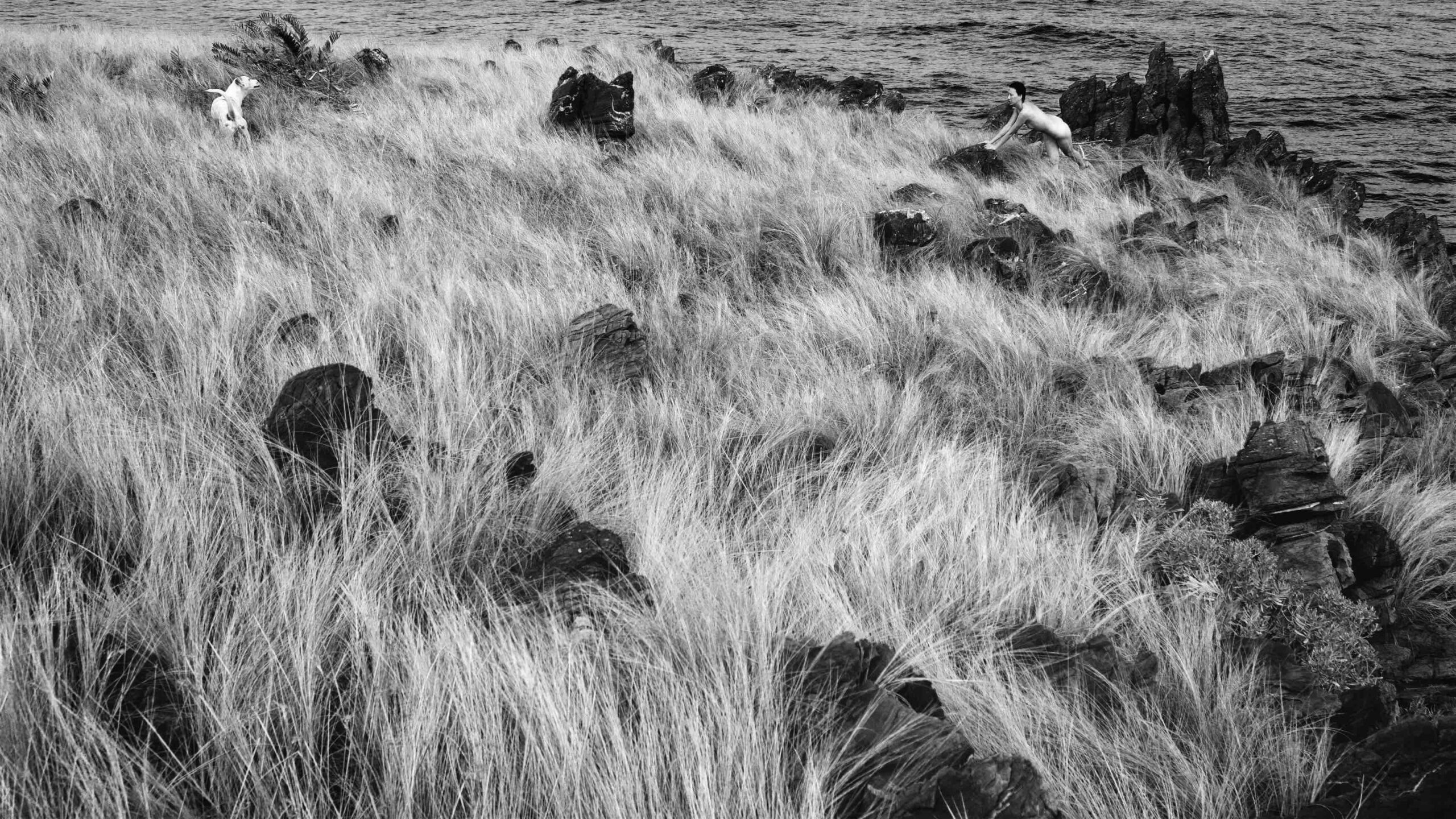
What inspired me for this creation initially stemmed from homeless people on the streets and those who feel like outsiders. Somehow they touch me deeply. I’ve created works including the installation performance ‘Dark Twisted Mind’ and the opera ‘Gentle Brutality’ (2021) to reflect on the relationships between societal structures and these individuals. This album, ‘Shang Can’, is my attempt to express my personal voice in a more accessible way for a general audience.
How has the Chinese music scene influenced your musical evolution?
I believe the Yunnan ethnic culture had a subconscious influence on me since childhood. Not directly through the style or content of folk music, but more so through the way they perform their music. I was impressed by their simple directness and liveliness. When you enter a village in the mountains, they simply sing and dance as part of their ordinary life, celebrating life and communicating with each other in this way. Although I may not understand their dialect, the way they sing immediately resonates with me.
Consciously, my musical evolution has been informed more by non-musical disciplines and my efforts to discover new combinations of sounds in various settings and formats. For instance, I incorporate methodological thinking to shape the structure of a musical piece, explore how movement influences sound, design experiments for different ways of listening, and connect my performances to specific sites. I am intrigued by the fusion of raw materials with advanced technology as instruments. All these non-musical aspects inspire me to ground my music in a broader context and maintain an experimental essence.
Your music embarks on a cinematic journey of exceptional quality. How do you view your integration into the Berlin music scene, especially with 3087 Records?
My music originated within the context of performance and dance/choreography. Since then, I have been active in the Berlin noise and experimental scene, supported by the DIY event makers’ good spirit. My musical practice has expanded into the crossover of new music, real-time music, and experimental electronics in club contexts, with extensions into performance and art. These endeavors have led to my involvement in diverse solo and collaboration projects.
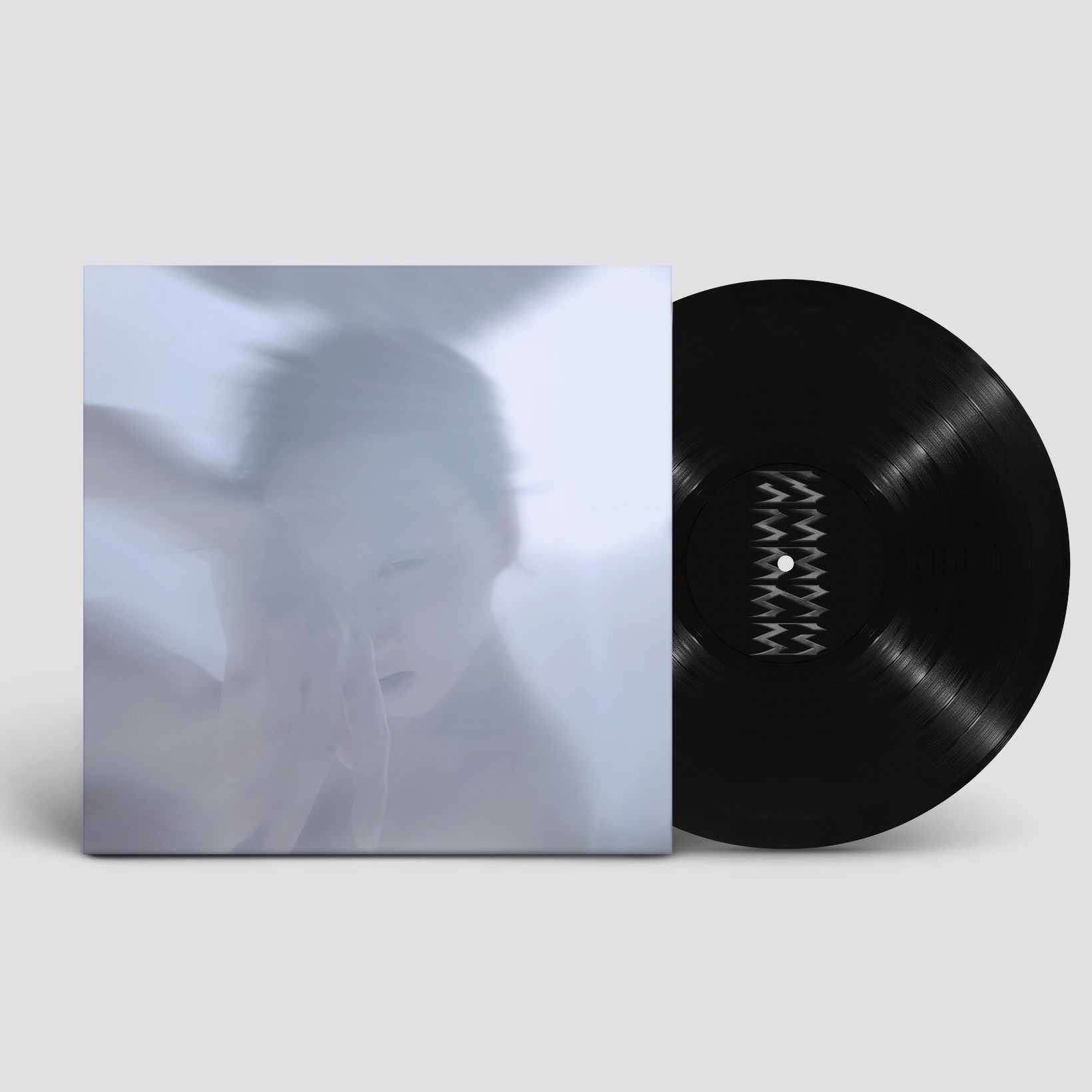
To me, sounds exist in different contexts. However, making a music album is akin to making a movie. There is an idea or story, and a way to arrange the sound with or without scripts. It transcends styles and genres and can exist alone as a narrator, evoking images and sensations. Based on this belief, I founded 3087 Records for Acoustic Movies. I hope it resonates with like-minded individuals internationally, fostering collective growth.
If you could tell us about your daily workflow, how do you usually get inspired and connect with music?
It varies greatly depending on the season, but on regular days, I nourish myself through reading, engaging in visual art practice, exploring new places, and writing. I have a fondness for reading philosophy; it’s almost like a mind-cleansing exercise, offering me time to reflect and develop new ideas. Despite growing up in an urban city like Kunming, I still find nature to be my go-to resource for discovering new patterns or simply losing myself. I enjoy spending plenty of time in silence so I can listen to my surroundings, especially in a new place, and simply be present.
Drawing is a regular practice that I return to when my ears are weary. Visual art practice offers me a reference point to contemplate aesthetic qualities, composition, and process. To me, visual and auditory experiences inform each other. However, inspiration often strikes unexpectedly, like being hit by a stone; often it is the spontaneity in my mood of making noise or voice. When inspiration strikes, I jot it down. Conversely, when I feel too stuck in my thoughts, writing helps me sort the entangled strings. And, of course, I work out to keep myself in shape for performances.
With multiple genres featured in your release, how do they blend together during your performances?
When I composed this album, I didn’t focus on which genres I wanted to create. Instead, I concentrated on the images and scenes I perceived through sound, the feelings and rhythms of the journey through time, and the construction of different layers of instruments and vocals spatially. Then, I utilized elements from recognizable genres to create the composition. It’s like mapping out a landscape where scenes unfold in this movie with a narrator or actor. Scenes, whether fragmented or connected, are arranged along an abstract storyline. I tend to leave enough space for improvisation in live settings. It’s more like setting up a sonic environment where, as a narrator, I can fully express myself freely with my vocals and movement. I find the surprises and unknown moments in live situations to be the most exciting part. When one embraces the unknown, it’s the best opportunity for discovery and true expression.
What are your further plans for this year ?
I am looking forward to the release event of Shang Can, which will be held alongside collective an(8)x at the temporary space 90mil Berlin on May 17th. Beyond that, I am excited about the prospect of performing this project internationally. In addition to the solo release this year, I will have more collaboration releases coming out, including the album with the band Das Ende der Liebe on Anunaki Tabla, with Kaan Bulak on Feral Note, and other singles on Edelfaul, as well as residencies including at Vorbrenner in Innsbruck Austria where I will work on a new composition and performance. I anticipate exciting collaborations to occur along the way.
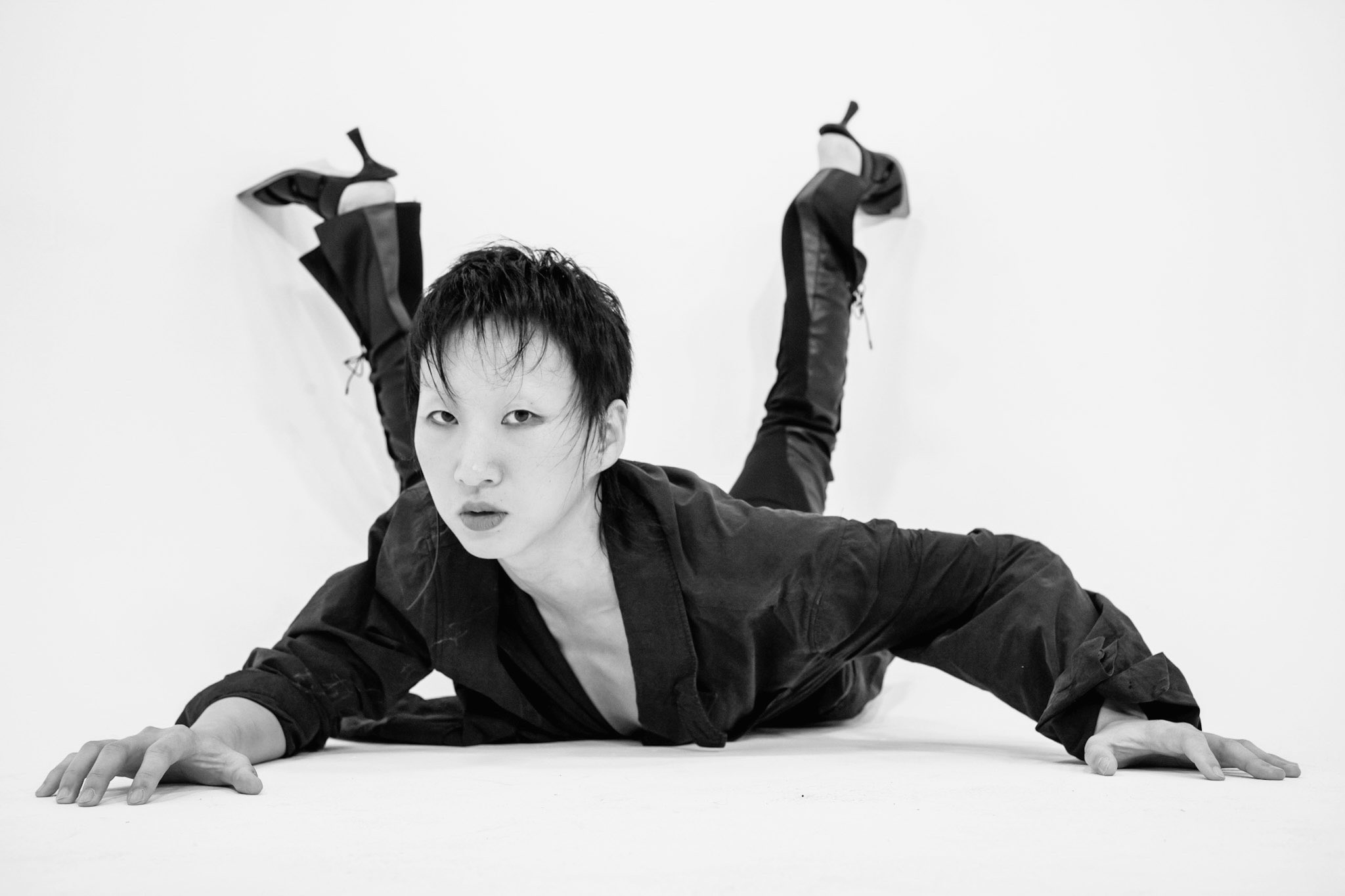
Socials to follow:
Interview : Grzegorz Bacinski
and more music features here






